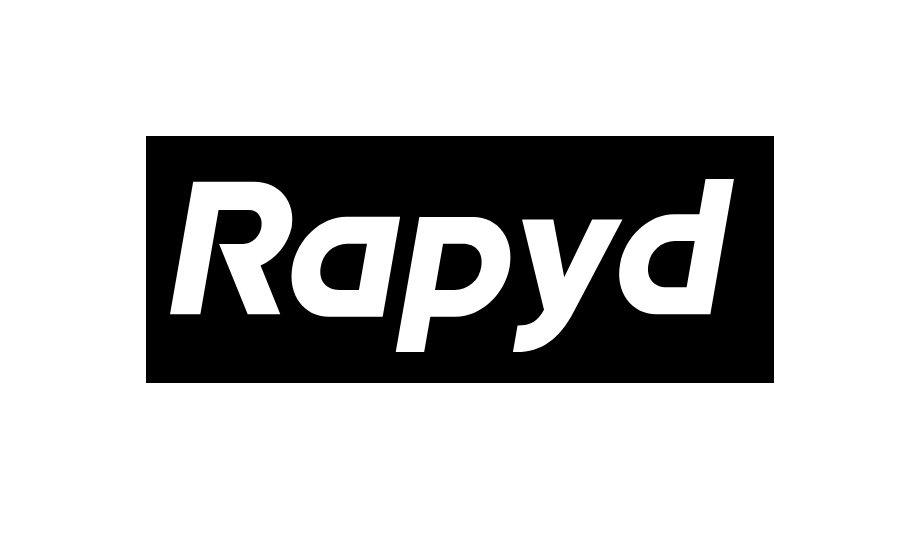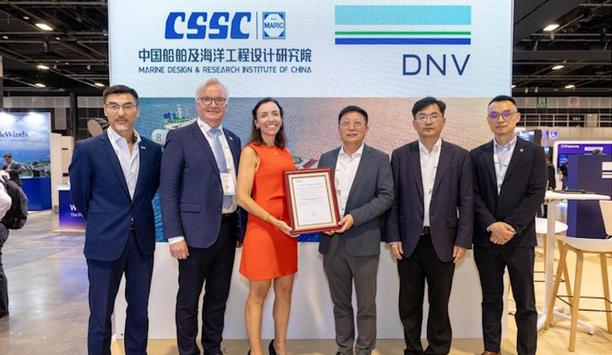Up to 20% of salaries in shipping, equal to more than $10 billion annually, are paid in cash. It’s an insecure, expensive way to do business, with employers charged as much as 5%-12% of the underlying value to get cash on board.
And it’s just as expensive to manage the complexity of their payroll, with excessive time and costs spent paying salaries across the globe, dealing in cash, and tax reconciliation, plus processing hefty fees and administration costs.
As for the Seafarers themselves, they end up paying commissions and bank charges with poor, unpredictable exchange rates, with no certainty of when and how they can change money or how much it will cost them.
User-Friendly platform
Kadmos - a platform that specialises in powering secure payments to seafarers across the globe - recognised the need to develop a secure salary payments platform that would make paying crew members more efficient and drastically reduce administration and transfer costs.
Rapyd enables international payments by combining various payment methods
To do this, it needed a payments partner that could navigate the world’s complex and fractured financial infrastructure and operate seamlessly across multiple jurisdictions, integrating multiple payment providers and systems, while also meeting local tax, licensing and regulatory standards.
Rapyd, a global fintech company, enables international payments by combining various payment methods, including bank transfers, local debit cards, digital wallets, and even cash into one user-friendly platform.
Cost-effective mobile app
Using Rapyd, businesses can efficiently handle payments across different countries, meeting each market's unique needs and requirements and making significant time and cost savings in the process.
Kadmos is using Rapyd’s technology and payments network to underpin its new salary payments platform.
It allows Kadmos to pay seafarers via a secure, functional, and cost-effective mobile app, giving them access to their money, regardless of whether they’re at sea or in port, through a digital wallet, which can be used to pay bills, send money home and make online purchases. They can also use a Visa debit card to make purchases at ports and withdraw cash.
Cross-Border employees
There are 180 million migrant workers worldwide travelling and working across the globe
Seafarers can track payments and spending on the app, keep the salary in their wallet in stable currencies such as US dollars, euros or British pounds, and save money on transfers and exchange rates. The whole system is protected by European e-money regulations.
Paying seafarers may be a uniquely tough problem to crack, but it is clear that there are other parts of the logistics supply chain which could also benefit from adopting a new approach to payments.
There are 180 million migrant workers worldwide travelling and working across the globe, and cross-border employees working in industries such as construction, healthcare, and hospitality face all similar challenges when it comes to salary payments.
New breed of payments technology
David Rosa, General Manager of Wallets, Disburse and FX at Rapyd said: “By providing a secure, user-friendly platform that transcends borders, Rapyd and Kadmos are making a real impact on the lives of seafarers and their families around the world, reducing their financial burdens, and streamlining the entire salary payment process for employers, their workers and their families.”
A new breed of payments technology is emerging to provide a much better service to seafarers and many other industries, with the ability to get paid quicker and more efficiently. For Kadmos, powered by Rapyd, it is a ground-breaking solution that has reshaped the organisation’s approach to cross-border payments.










